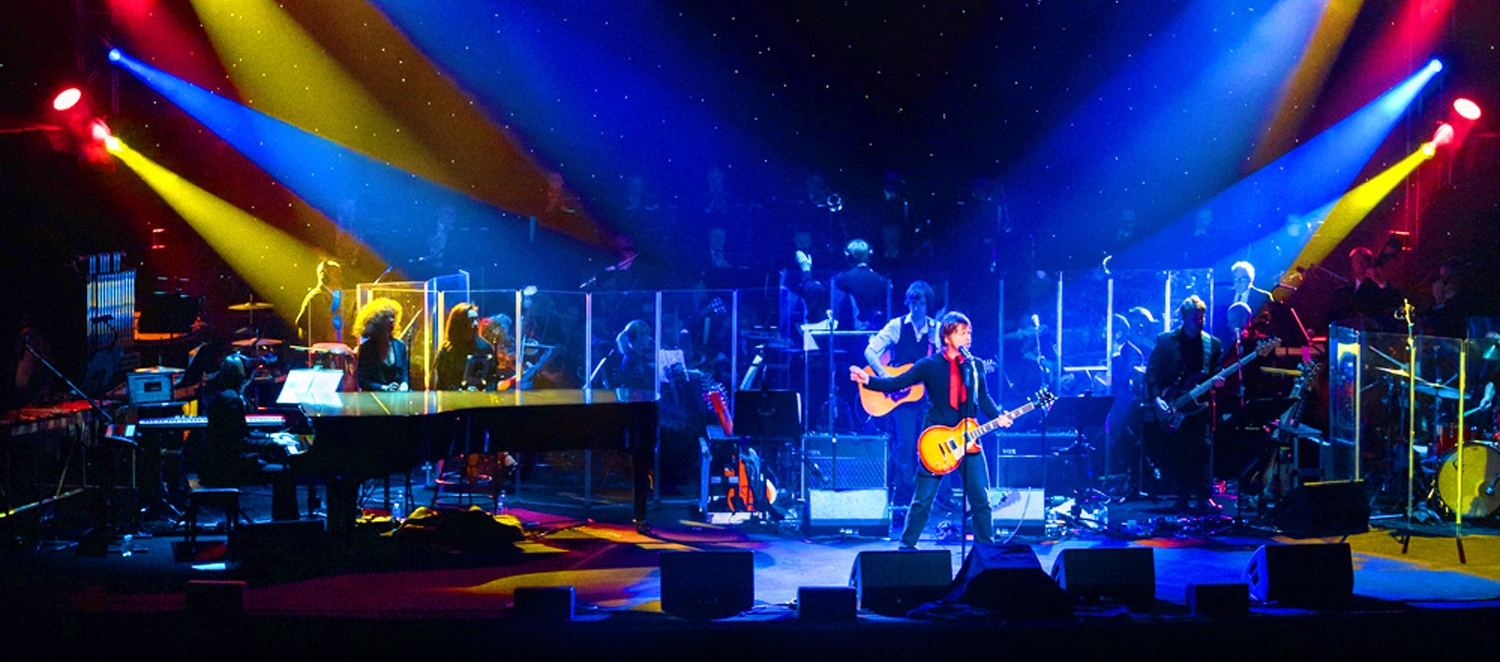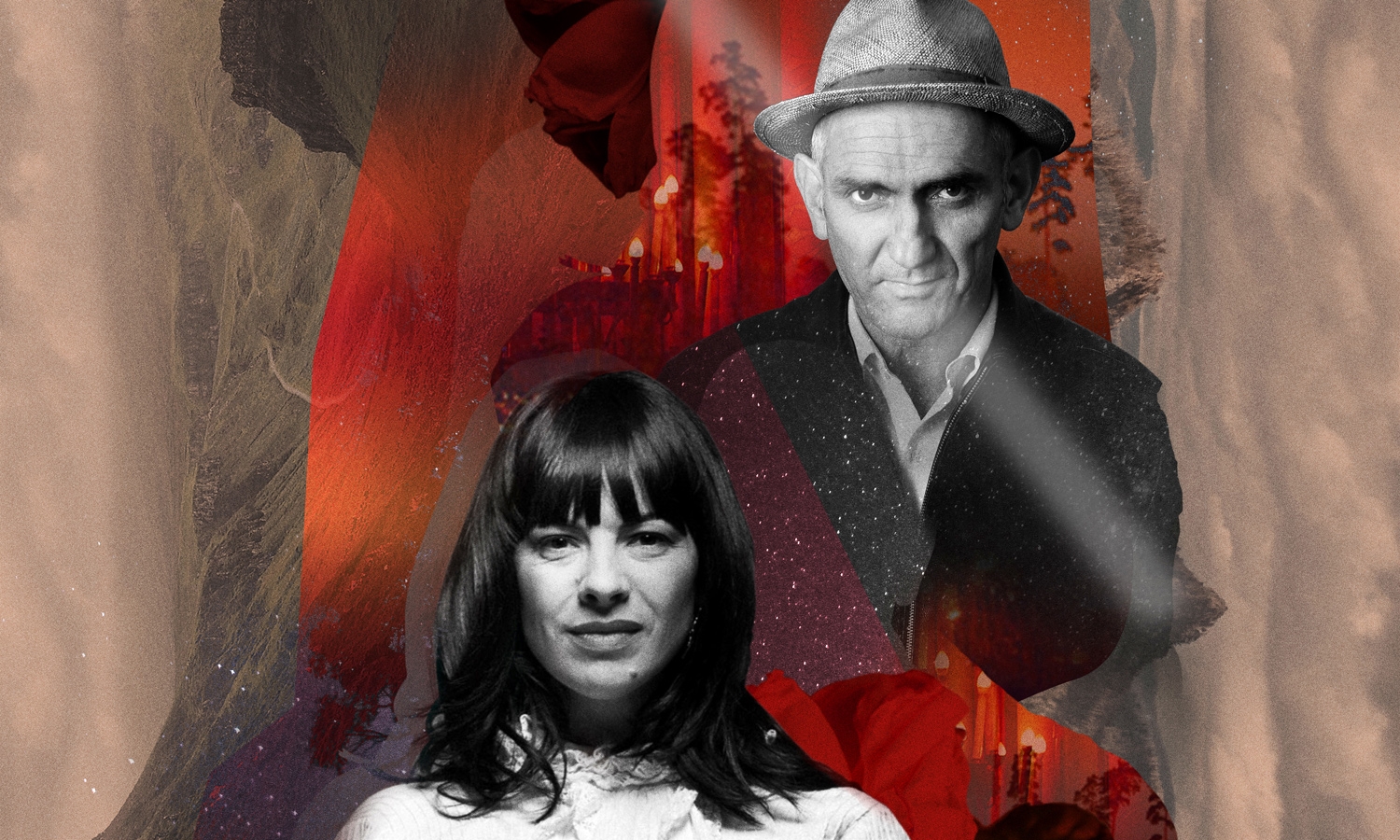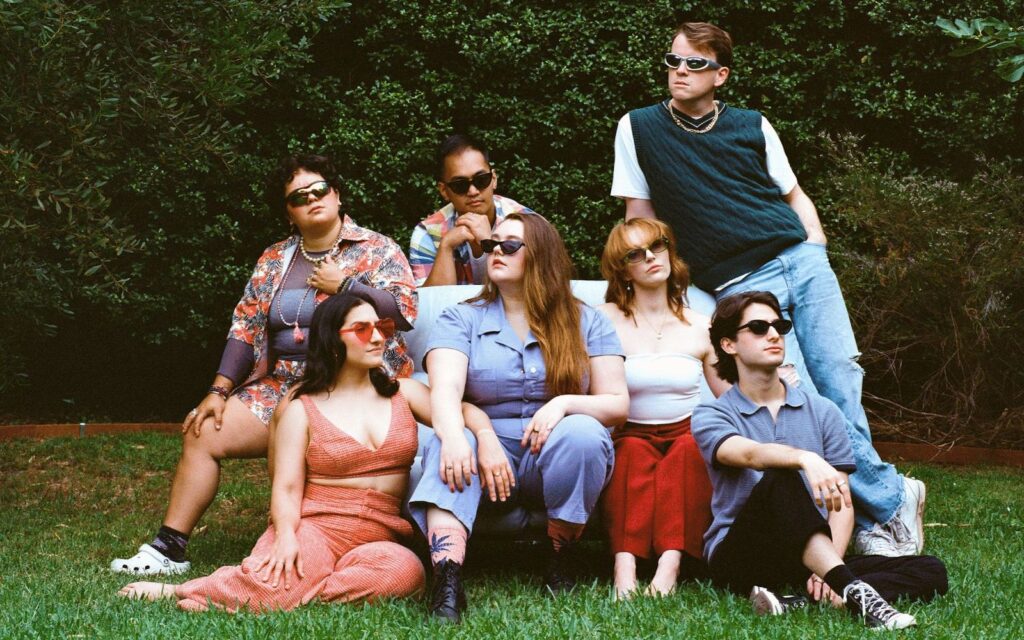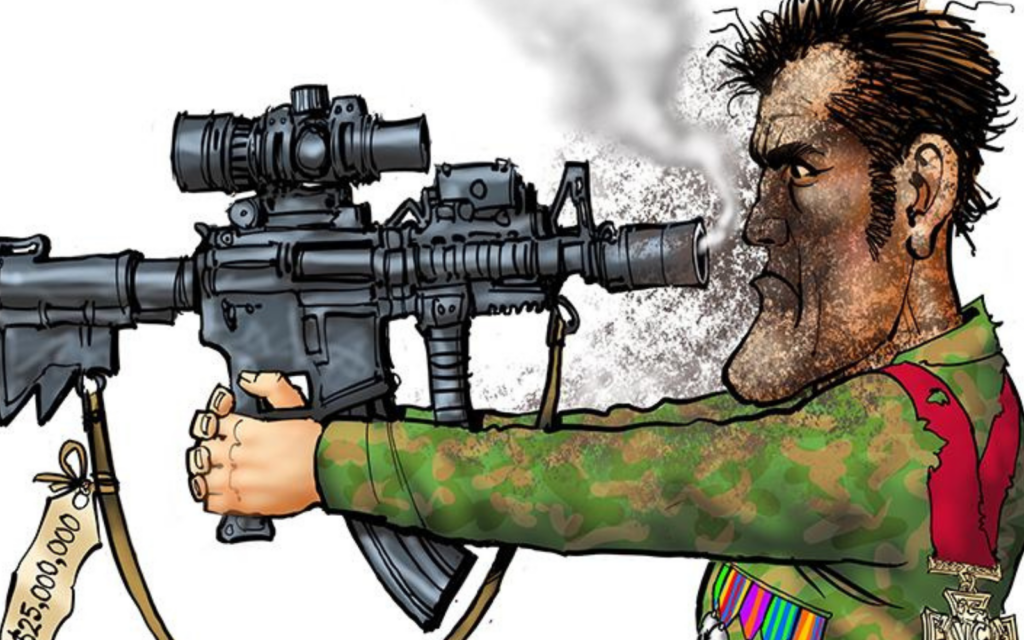Indeed, only recently it was discovered that the vinyl version of his final record Blackstar holds a secret of its own: when exposed to sunlight, the album artwork transforms into a series of golden constellations. Light coming out of the dark? That sounds like Bowie.
The man meant – or rather, means – so much that his legacy is yet to be fully appreciated. We’re still discovering him, attempting to quantify what he accomplished through shows like David Bowie: Nothing Has Changed, a tribute that will feature such talents as The Church’s Steve Kilbey, Tim Rogers and Adalita all working in collusion with the Melbourne Symphony Orchestra to eulogise a cultural titan.
Steve Kilbey’s love of Bowie has early origins. “I was 18,” he says. “I [was] living in Canberra and I had a friend and we were both really into Marc Bolan. We talked about Marc Bolan all the time. Then one day [my friend] said, ‘You’ve gotta get into David Bowie,’ and I was [unsure]. I sort of felt bad about abandoning Marc Bolan, as if he would’ve known. But my friend gave me [The Rise And Fall Of Ziggy Stardust And The Spiders From Mars]and a bootleg that later came out and became a legitimate album, Live In Santa Monica ’72. I just went home and listened, and over about the next month my allegiances transferred from Bolan to Bowie.”
For Kilbey, Bowie’s appeal can’t be attributed to a single quality. “He had the best songs, the best lyrics, the best voice,” he says. “He was the best looking guy, he had the best take on everything. When he came along, it seemed like he really was Ziggy Stardust. I guess I thought he really was. And I guess Bowie thought he was too. When you listen to that bootleg, he’s sort of living it up to the hilt. He’s introducing the [songs] like, ‘Here’s a song written by Ziggy.’
“He was my main man for all time,” Kilbey adds. “Me and ten zillion other teenagers were totally sucked in. I all of his ’70s albums. I went back and got Hunky Dory and The Man Who Sold The World. Even when Low and Heroes came along I was right into it from the word go. It’s funny – now, you know, everyone thinks [Low] is great but at the time it got really bad reviews and sold a miniscule amount. But I loved it.”
It’s not just Bowie himself whom Kilbey adored, it’s the effect he had on pop music as a whole. He never worked in a vacuum – he was constantly both inspired and inspiring, over the years reaching out to acts as disparate as Sonic Youth, the Pixies and Lorde.
Bowie also had singularly impressive staying power. Blackstar was a late career record that redefined what late career records are meant to be, and Kilbey argues that Bowie never stopped turning out hits. “Under Pressure – what an incredible song that is,” he sighs. “He still had it. He’s untouchable. To me in rock’n’roll there’s The Beatles and there’s David Bowie. There’s no way to top what they all did. And [Bowie] was just the best.”
BY JOSEPH EARP







